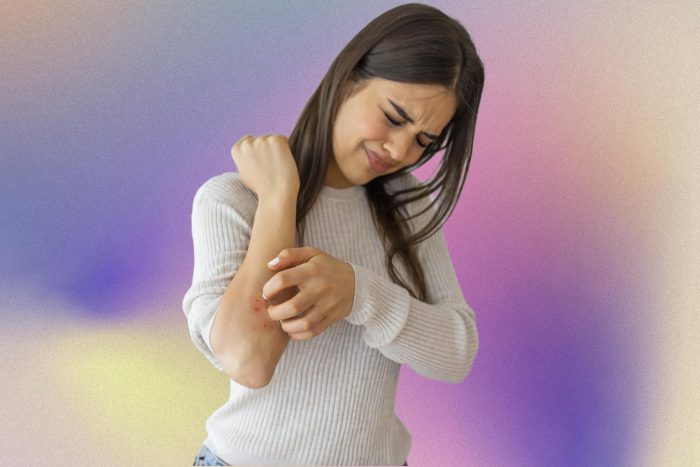
Do you see a strange rash growing on the surface of your skin? Could it be a symptom of human papillomavirus (HPV)?
More than 150 HPV strains are circulating throughout the world. These HPV strains can penetrate the skin and cause other symptoms and diseases, such as warts and cancer.
Fortunately, roughly 90% of HPV-infected people are asymptomatic and never realize they are infected because they do not see or experience any symptoms. Their strong and healthy immune systems eradicate the virus within 1 to 2 years after the initial infection date.
The other 10% of HPV-infected people will experience long-term infections and symptoms surpassing the two-year mark. That is why sexually active people should undergo regular physical evaluations and pap screenings to detect HPV signs early before the virus causes severe health conditions.
What are the Typical Symptoms of HPV?
The unfortunate HPV-infected people experiencing symptoms may see signs like visible genital warts or skin warts on the bodily areas where intimate skin-to-skin contact occurred. Women will need to visit a doctor or gynecologist to undergo a pap smear test because that can look for signs of abnormal cervical cell growth.
Low-risk HPV strains like HPV Type 6 and HPV Type 11 are the primary causes of skin and genital warts. They often appear as soft, skin-colored growths which resemble the shape of cauliflower.
The most common places they appear are on parts of the genitals, such as the penis, vagina, or anus. For instance, men will usually develop genital warts on the tip of the penis, while women will see them between their anus and vagina. Sometimes they grow on the inner walls of the vagina too.
Genital warts from HPV are not necessarily life-threatening, but they can cause itchiness, discomfort, swelling, and sometimes even pain if irritated. If you experience genital warts, try to avoid scratching or picking at them because that will only worsen the condition.
Seek treatment from your doctor for further guidance.
How to Treat HPV-Related Warts?
Each person has a unique immune system, so there is no telling how one person’s immune system may respond to an HPV infection compared to another. The good news is that low-risk HPV strains rarely cause severe health problems like cervical or penile cancer. Instead, you only have to deal with the consequences of having warts on your genitals and skin.
Most HPV-infected people with warts can rely on their robust immune systems to naturally clear away the warts after several weeks or months. But a healthy immune system requires maintaining a healthy lifestyle, including a nutritious diet and physical exercise regimen.
A healthy lifestyle can do wonders to boost the immune system’s strength and increase the chances of clearing away low-risk HPV infections and the warts they may cause. In addition to healthy eating and exercise, you should also maintain safe sex practices like wearing condoms and limiting your number of sexual partners.
Try your best to remain calm if you have warts on your skin or genitals. Your health care provider will be able to your situation. It’s important to remember there are over-the-counter drugs and potent medications that can eliminate the warts quickly
If your immune system is strong and healthy, in many instances it will help eliminate the warts for you. Taking an HPV supplement such as PAPCLEAR and combing it with AHCC can have a major impact in supporting your immune system. The downside of drug treatment is there can be some unwanted side effects including skin irritation and swelling.
HPV Rashes vs. Warts
Do not confuse rashes with warts – they are two different things. Rashes are not associated with HPV infections, even though you can simultaneously develop rashes and warts on the skin. The difference is that rashes are symptoms of other skin infections, diseases, and irritations.
Rashes usually appear as swollen red bumps on the skin surface of irritated or infected areas. For instance, the razer bumps on your face from shaving are skin rashes. You can also get rashes from sexually transmitted diseases like herpes. But herpes is not the same thing as HPV. That is why herpes rashes are red, while HPV-related warts are skin-colored.
Your physician will do a thorough examination of your rash to determine its root cause. The next step will be getting the appropriate treatment to eliminate your rash and return to being in better health.
Sources:
Genital Warts, Stephen W. Leslie; Hussain Sajjad; Sandeep Kumar.
https://www.ncbi.nlm.nih.gov/books/NBK441884/
CDC
https://www.cdc.gov/vaccinesafety/vaccines/hpv-vaccine.html
ACOG
https://www.acog.org/womens-health/faqs/hpv-vaccination






